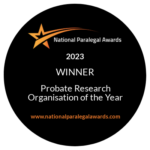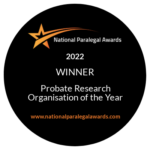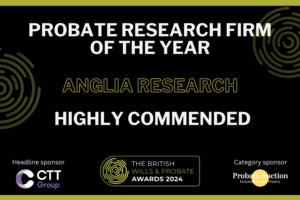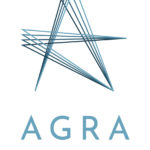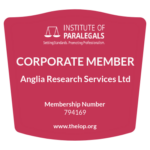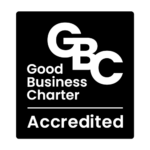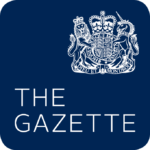Information for local authorities and other public bodies
We support the needs of Local Authorities, care homes, coroners, the NHS, housing associations, and other public sector bodies where next of kin is needed for those who die within their boundaries. We also act as tracing agents, locating property owners or their heirs to bring empty homes back into use.
Under the Public Health (Control of Disease) Act 1984, local authorities have a statutory duty to provide a suitable public health funeral for persons who have died within their boundaries where seemingly no one else is willing or able to make funeral arrangements.
Our probate genealogy services are provided free of charge to the public sector. We earn our fees by reaching fair commission agreements with any heirs we locate.
 Our credentials and services
Our credentials and services
Ethical practice and integrity are the very foundation of our business, and we aim to protect the excellent reputation of public bodies as carefully as we protect our own.
We offer:
- Free, professional, and accurate research at a pace. We aim to find your next of kin as quickly as possible, allowing relatives to be involved in the upcoming funeral and beyond.
- Transparency in our approach for you and next of kin, fostering solid relationships built on trust.
- A fair approach to ensure the best outcomes for all involved regarding accuracy with no hidden costs.
- Research you can rely on, acknowledging that it forms part of the legal process.
- High standards of service, with many accreditations and partnerships.
- A strong focus on ethics and social values with a committed ESG agenda.
- Teams in the North and South of the UK, with worldwide coverage through our international partners.
We employ more accredited genealogists* and legally qualified staff than any other UK probate research company.
How we can help
Locating next of kin
 We offer a no-hassle, no-cost next of kin finding service.
We offer a no-hassle, no-cost next of kin finding service.
TRACING PROPERTY OWNERS
 We are experts in establishing legal titles to a property.
We are experts in establishing legal titles to a property.
Learn more about our work
Peter Turvey remembers a case involving the UK’s most popular surname
Mary Torrance died intestate and with no known relatives, although we were able to establish that she had a daughter, Amy, who sadly predeceased her, and two granddaughters with the surname Smith.
It’s difficult to trace someone’s family tree when the name Smith is involved, but locating a particular living Smith amongst all the Smiths in the country can be even trickier. It is, quite literally, looking for a needle in a haystack.
The local authority was in a bind with this case. They couldn’t pass it to the Bona Vacantia Division, because there were thought to be surviving relatives – but no one could locate them.
Peter Turvey
We wrote to the grandaughters several times, with no success, and subsequently contacted a number of government agencies and specialist address-finding services which provided no leads. Even scouring the electoral roll for more recent addresses was to no avail.
Instead, we shifted our focus from the granddaughters to their father, Mr Smith, who we were able to trace through time, using the electoral roll and educated guesswork – as he moved from one small village to another – which gave us the link we needed to the missing beneficiaries.
The council recouped the funeral expenses and the two granddaughters each received their share of their grandmother’s estate.
Case manager Rachel Knock discusses a case that involved a sudden change of direction
We were alerted to the case of Ms Goody by a West Country Local Authority when she passed away intestate, with no known next of kin.
Initially, her closest living relatives appeared to be cousins and cousins once removed on her mother’s side. However, on speaking with one of the cousins, it became apparent that Patricia’s mother had abandoned her when she was very young, moved up north and remarried and obviously, that had to be investigated.
It’s a fundamental rule of probate research: no matter how methodically and accurately you have trawled through the genealogical record, it’s always possible that you’ve missed something. To arrive at the truth, you’ve got to talk to people, ask questions, and be ready to start work all over again.
Rachel Knock
As it turned out, Patricia’s mother had five further children. Apart from one, who had died without issue, all were traced. The council recouped their funeral costs and the estate was distributed between Patricia’s closest living relatives; her half-blood brothers and sisters.
2025 Anglia Research Services All Rights Reserved.
Anglia Research and Anglia Research Services are trading names of Anglia Research Services Limited, a company registered in England and Wales: no. 05405509
Marketing by Unity Online

